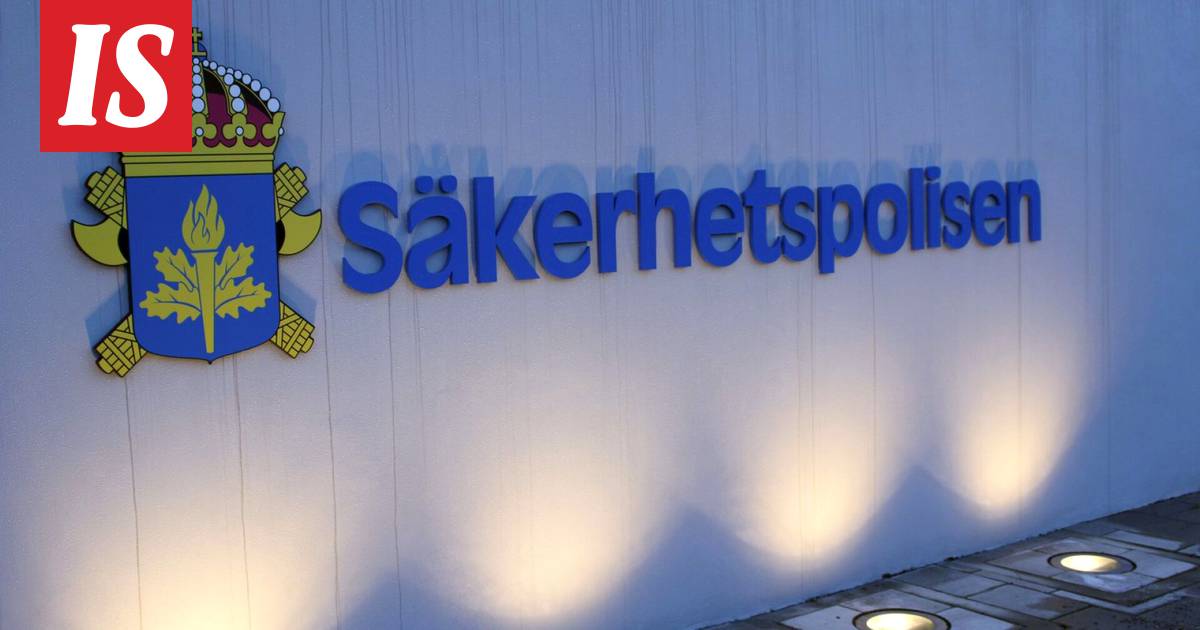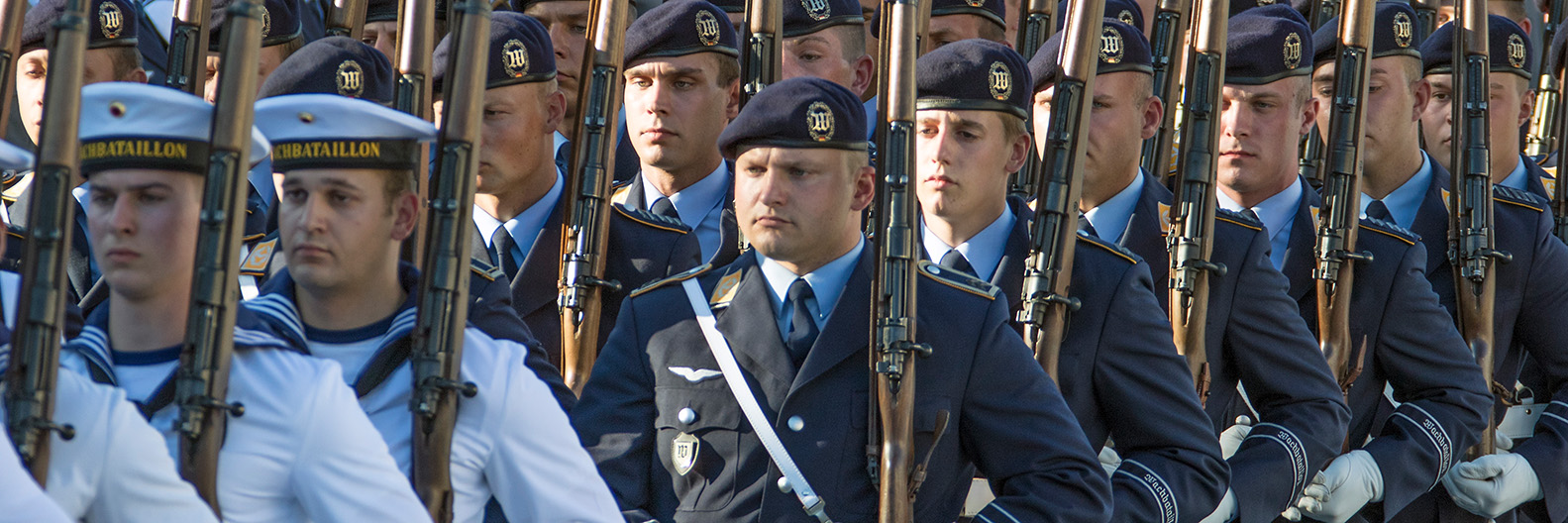Ruotsi ei taaskaan yllätä: "kaikkein pyhimpään" eli Ruotsin puolustusvoimien alainen tiedustelu- ja turvallisuuspalveluun KSI:hin, päässyt myyrä oli iranilaistaustainen mies ja hänen veljensä:

 www.is.fi
www.is.fi
Iranilaistaustaisten velikultien hupia GRU:lle kesti KYMMENEN VUOTTA. Pikkuveli hoiti yhteydet Venäjään ja isoveli teki "nousujohteista uraa". Isoveljellä oli Aftonbladetin mukaan pääsy esimerkiksi listaan, joka sisälsi kaikkien Ruotsin turvallisuuspoliisi Säpon työntekijöiden nimet.
Isoveljellä oli Aftonbladetin mukaan pääsy esimerkiksi listaan, joka sisälsi kaikkien Ruotsin turvallisuuspoliisi Säpon työntekijöiden nimet.

Tällaista oli Venäjälle vakoilusta syytettyjen ruotsalaisveljesten elämä: salapiiloja vessoissa, pakoreittimuistiinpanoja...
Jutun oikeuskäsittely alkaa torstaina.
Iranilaistaustaisten velikultien hupia GRU:lle kesti KYMMENEN VUOTTA. Pikkuveli hoiti yhteydet Venäjään ja isoveli teki "nousujohteista uraa".
 Isoveljellä oli Aftonbladetin mukaan pääsy esimerkiksi listaan, joka sisälsi kaikkien Ruotsin turvallisuuspoliisi Säpon työntekijöiden nimet.
Isoveljellä oli Aftonbladetin mukaan pääsy esimerkiksi listaan, joka sisälsi kaikkien Ruotsin turvallisuuspoliisi Säpon työntekijöiden nimet.

